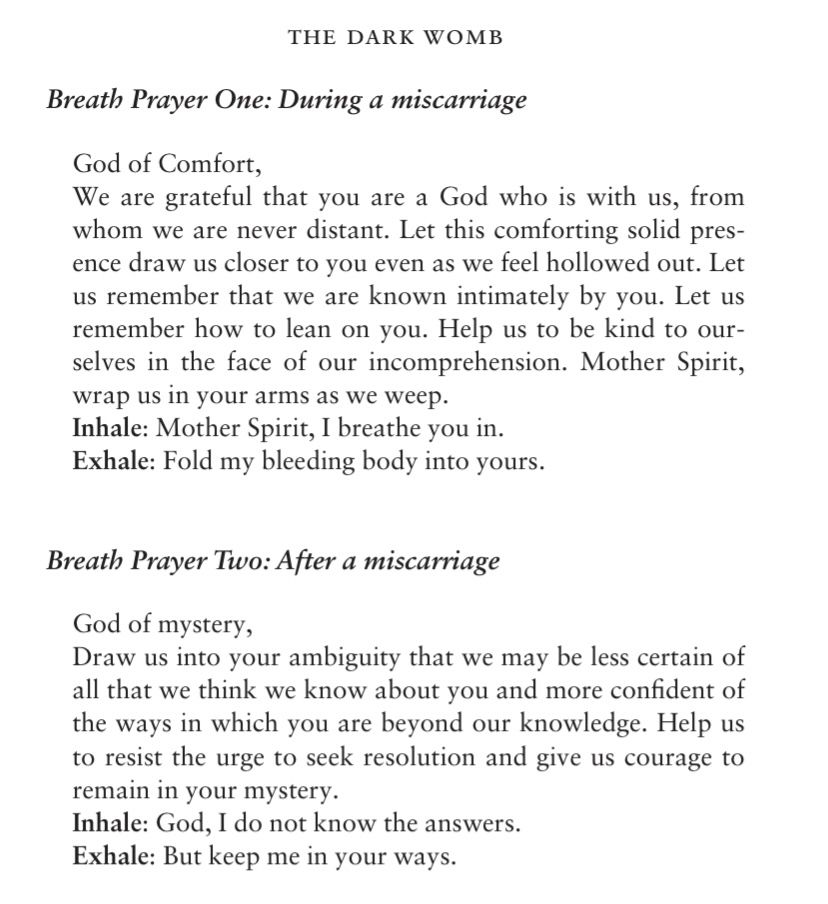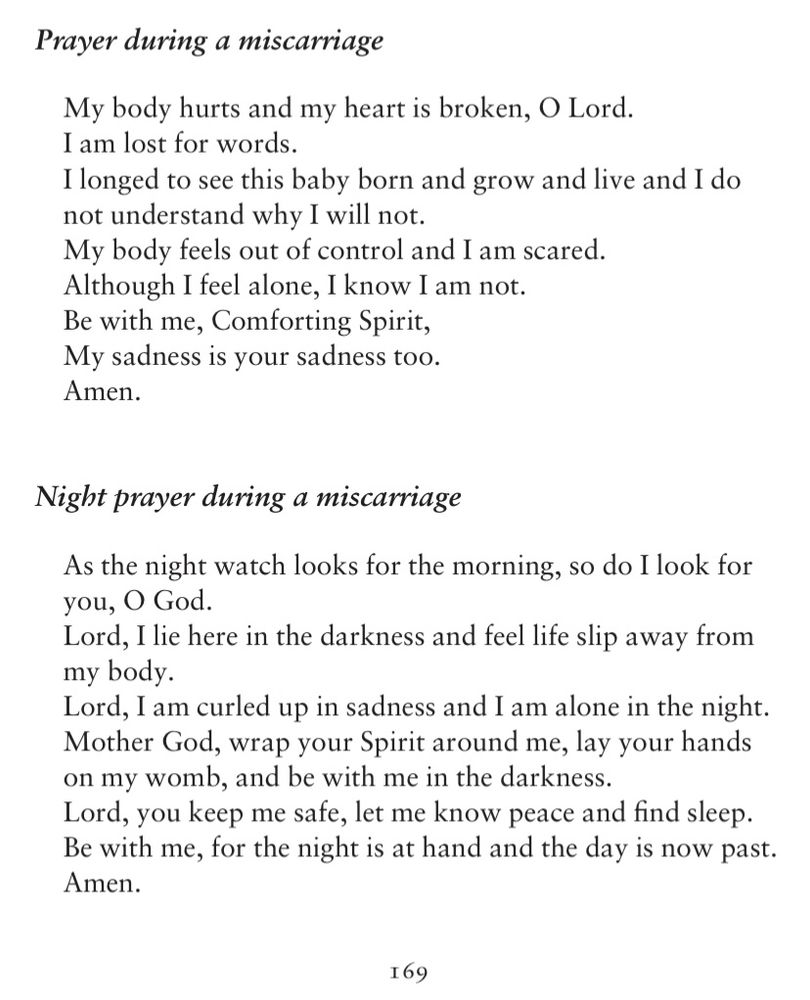Christopher West
@christophernwest.bsky.social
720 followers
1.2K following
1.8K posts
PhD candidate in Practical Theology at the University of Aberdeen. Researching how the performance of symbolic actions in liturgy impacts the espoused theology of participants. Opinions are my own, except where they are not. He/him.
Posts
Media
Videos
Starter Packs
Reposted by Christopher West






